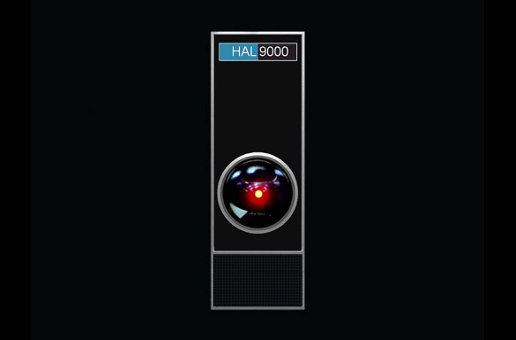Google announced a major change today in the way its flagship search engine finds and delivers information. While traditional search engines have chosen relevant results based on keywords, a new Google search feature will draw on a more robust database, which the company is calling the “Knowledge Graph,” that will display certain facts associated with certain objects, and suggest topics that are linked in the system.
height=350Google’s senior vice president of engineering Amit Singhal framed the new technology, which will start to appear on Google’s normal search today, as a step toward a deeper computerized understanding of web content that he compared to the computer on “Star Trek.”
“The Knowledge Graph enables you to search for things, people or places that Google knows about — landmarks, celebrities, cities, sports teams, buildings, geographical features, movies, celestial objects, works of art and more — and instantly get information that’s relevant to your query,” Singhal wrote. “This is a critical first step towards building the next generation of search, which taps into the collective intelligence of the web and understands the world a bit more like people do.”
Objects in the new search system seem to be essentially nouns. Singhal, for example, drew attention to the Taj Mahal, Marie Curie, and Vincent Van Gogh. Curie, he said, would be associated within the system with her children, husband, biographical facts and scientific discoveries, in a web of knowledge he called “broader and deeper” than traditional search.
Facts about the objects are drawn from sources including Wikipedia and the CIA World Factbook – as well, Singhal hinted, as an augmented supply of information spoon-fed to the database by Google employees. The database currently incorporates 500 million objects, and 3.5 billion facts about those objects and the relationships between them. The idea behind the graph is that it’s “the intelligence between these different entities that’s the key.”
“How do we know which facts are most likely to be needed for each item?” Singhal wrote. “For that, we go back to our users and study in aggregate what they’ve been asking Google about each item. For example, people are interested in knowing what books Charles Dickens wrote, whereas they’re less interested in what books Frank Lloyd Wright wrote, and more in what buildings he designed. ”
It’ll be interesting to see what kind of control Google tries to assert over the new tools. Apple got in trouble this week when engineers at the company modified the iPhone’s somewhat free-associating personal assistant, Siri, so that it would not call a competitor’s phone as the “best smartphone ever.”
Image: Warner Brothers, Google


